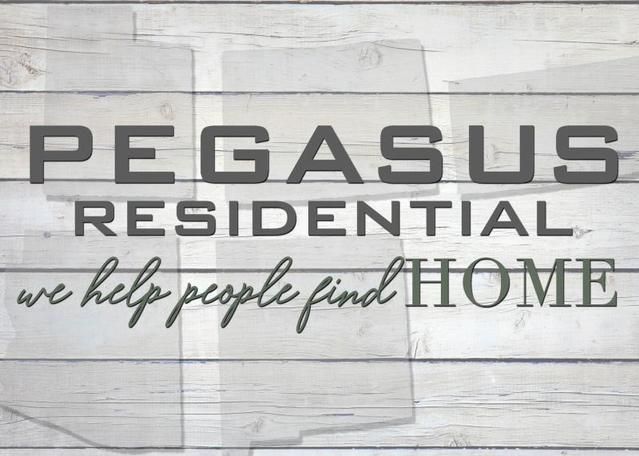It is a tough time to be a multifamily property owner. Rent collections are down, vacancies are expected to rise and people are reluctant to move into new apartments in the middle of a pandemic. This is where business intelligence, analytics and customer relationship management technology have become crucial for multifamily owners and operators, who are working to maintain business continuity and enable data-driven decisions to drive better outcomes. This is especially important in the midst of a recession, as there is more focus on tenant retention. In 2018, Griffis Residential, which operates communities in Colorado, Texas, Washington, Oregon and California, turned to Knock, a Seattle-based tech company, to provide CRM and business intelligence tools. The firm recently piloted Knock’s newest feature, the Renewal CRM, which automated much of the renewals process and prompted the Griffis leasing teams to reach out to residents months in advance to learn if they are planning to renew their leases. Knock’s automation tools not only allowed Griffis to cut the time its teams spent tracking down renewals in half, it also gave the leasing time an extra month to fill units for people who chose not to renew. Last February, Griffis had over 91% of renewals listed as still “open” or “undecided.” This February, using Knock Renewals, only 25% remained open. “What a leasing team would typically do in six weeks, they now have closer to 10 weeks to accomplish,” said Darren Koch, chief product officer at Knock. “The extra time to market a unit leads to fewer vacancy losses, which is critical to building a more resilient portfolio.” Knock’s platform is designed to help property managers track and manage all of their interactions with current and potential tenants. Knock’s consumer engagement tools automatically collect data from those interactions, analyze it and deliver insights to help owners increase their occupancy, retain residents and identify problems that may impact net operating income, increasing their average lead-to-lease conversions by 20% in their first 12 months on the platform. “If you’re not capturing data, you’re flying blind,” Koch said. “You don’t know where your leases are coming from, the impact of different marketing channels and websites, or how all of that data flows and integrates together during a customer’s journey.” The goal, Koch said, is to give owners and operators greater transparency into what their teams are doing, so they can make sure they are following best practices and capturing the information they need to run their business in any economic climate. “PMCs should look to automation and business intelligence in each phase of the customer life cycle, from prospects searching for a place to live all the way through to renewals,” he said. Koch noted that while most multifamily properties are using CRM tools in some form, many systems fall short because they do not focus on features that directly impact NOI. They often lack the insights necessary to help users make informed decisions about their business, and lack intuitive design. CARROLL, a national property manager and owner with over 36,000 units under management, had implemented a CRM, but the team found it difficult to use. The firm switched to Knock and immediately saw the difference in the platform’s easy-to-use layout and the training and support the company offered its staff. It also quickly saw faster customer response times, and the lead-to-lease rate — the likelihood that a potential tenant actually signs on — increased by 6.7%. Tools that provide business intelligence that helps property owners make decisions have proven especially useful during the coronavirus pandemic, as demand has fallen and signing new tenants has become more difficult. “When the pandemic hit, in-person tours stopped completely, which was the main way multifamily communities attracted tenants,” Koch said. “Knock’s clients, however, already had all the tools they needed, such as video and self-guided tours, to seamlessly do their jobs from home. As a result, we have seen almost no fall-off in our data in leasing performance across our client base.” Pegasus Residential, which operates 130 residential communities in the Southeast and Texas, was also concerned about finding tenants during the pandemic. The firm already had Knock deployed in several of its communities, but when the coronavirus struck it reached out to Knock and asked if the platform could be added to nine more of its communities. Knock was able to have the solution running in the new buildings in 48 hours. Since then, Pegasus has seen year-over-year improvement in leases signed during this crisis. As the future remains uncertain, owners and operators alike are looking to minimize not just short-term risk from the pandemic, but long-term risk, like those associated with a protracted downturn, permanent changes to customer expectations and behaviors and compliance. “The right tech stack mitigates risk and helps to build a more resilient portfolio by driving intelligent operational efficiencies and data-driven performance,” Koch said. “This ensures operators and owners can flex to meet the needs of the market and renter expectations so they can deliver on NOI growth.” Koch said that the platform is most effective when it is rolled out across a company’s entire portfolio. Currently, Knock is working on tools that help owners be more efficient with their marketing spend and on-site resources. “We’re evolving every day,” Koch said. “We plan to roll out 50 to 100 new features this year that will add more value to our customers — all behind the scenes. Owners will just see that their problem has been solved.” This feature was produced in collaboration between the Bisnow Branded Content Studio and Knock. Bisnow news staff was not involved in the production of this content.
Read more at: https://www.bisnow.com/seattle/news/multifamily/as-tenants-become-more-elusive-leasing-teams-turn-to-crm-data-105280?utm_source=CopyShare&utm_medium=Browser






